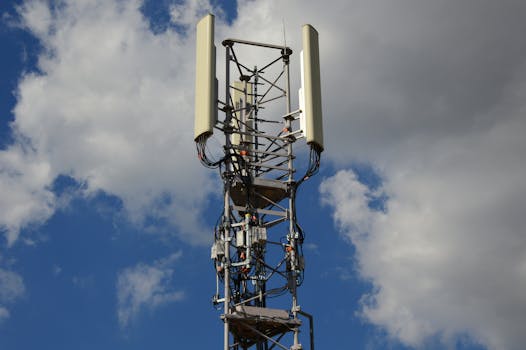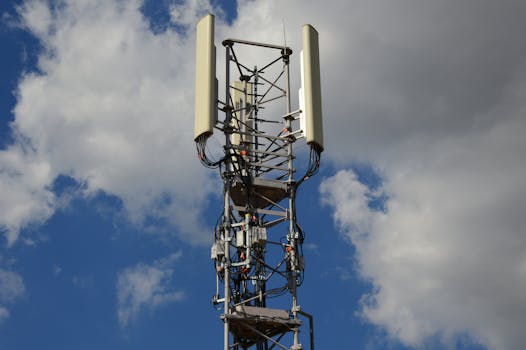
5G Technology Advancements and Impact on Mobile Networks
5G technology advancements are transforming the mobile network landscape, enabling faster data transfer rates, lower latency, and greater connectivity. The fifth generation of wireless technology is designed to provide a wide range of benefits, including enhanced mobile broadband, massive machine-type communications, and ultra-reliable low-latency communications.
Key Features of 5G Technology

Some of the key features of 5G technology include:
- Enhanced mobile broadband: 5G offers speeds of up to 20 Gbps, making it ideal for applications that require high-speed data transfer, such as video streaming and online gaming.
- Low latency: 5G has a latency of as low as 1 ms, which is critical for applications that require real-time communication, such as virtual reality and autonomous vehicles.
- Greater connectivity: 5G can support a vast number of devices, making it suitable for IoT applications, such as smart cities and industrial automation.
Impact of 5G on Mobile Networks

The impact of 5G on mobile networks is significant, with benefits including:
- Improved network capacity: 5G can support a large number of devices, making it ideal for areas with high population density.
- Enhanced user experience: 5G offers faster data transfer rates and lower latency, providing a better user experience for mobile users.
- New use cases: 5G enables new use cases, such as IoT, smart cities, and industrial automation, which can drive economic growth and innovation.
Challenges and Limitations of 5G

Despite the many benefits of 5G, there are also challenges and limitations to its adoption, including:
- Infrastructure costs: Building out 5G infrastructure can be expensive, requiring significant investment in new cell towers, fiber optic cables, and other equipment.
- Frequency spectrum: 5G requires a large amount of frequency spectrum, which can be challenging to obtain, especially in areas with limited spectrum availability.
- Security: 5G networks are vulnerable to cyber threats, which can compromise user data and network security.
Conclusion

In conclusion, 5G technology advancements are transforming the mobile network landscape, offering unprecedented speeds, low latency, and greater connectivity. While there are challenges and limitations to its adoption, the benefits of 5G make it an essential technology for the future of mobile networks. As 5G continues to evolve and improve, we can expect to see new use cases and innovations that will drive economic growth and improve the quality of life for mobile users.




